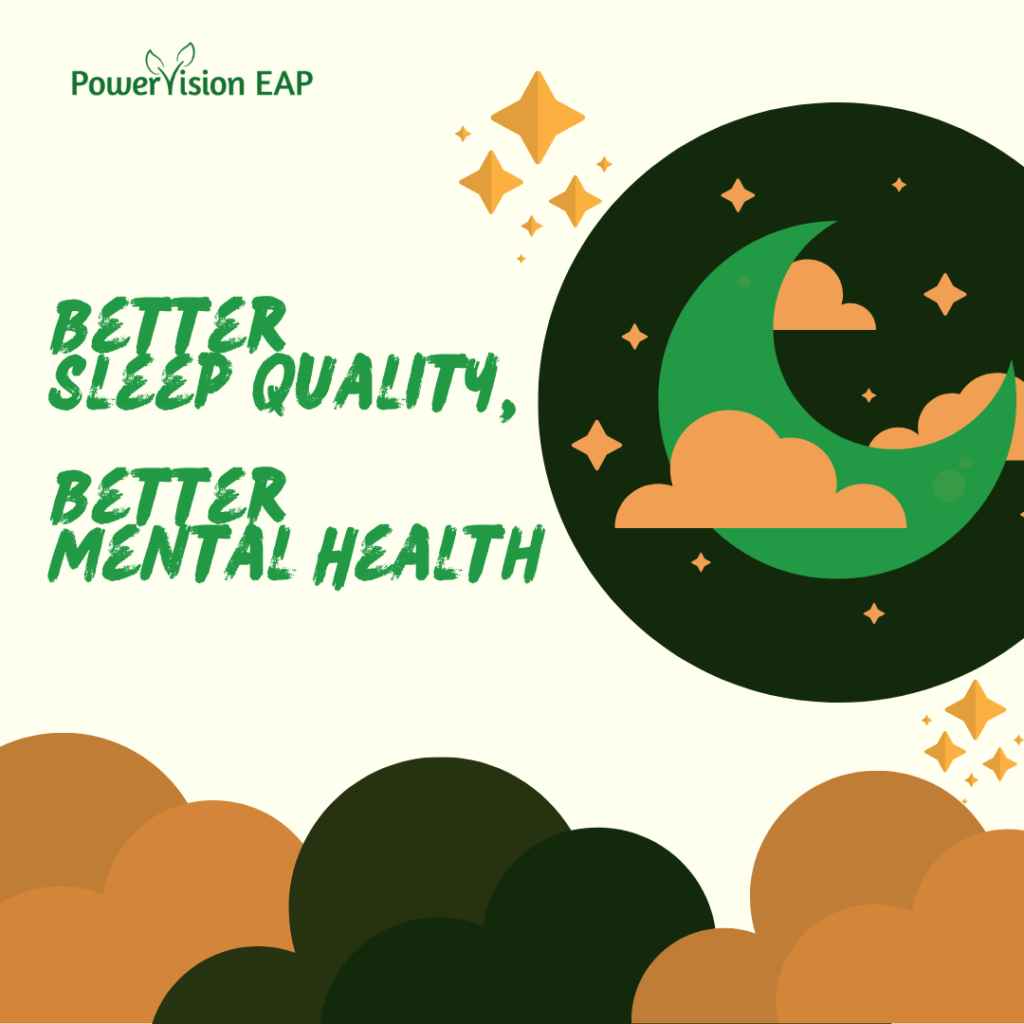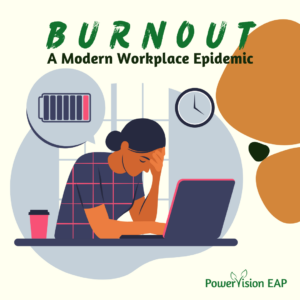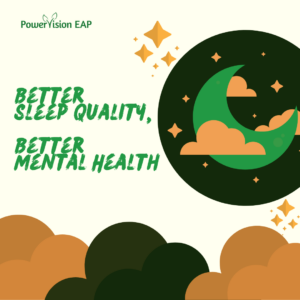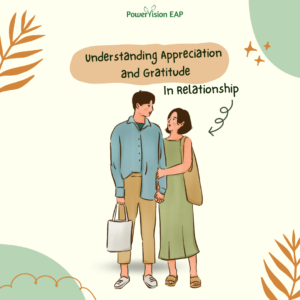Sleep is crucial for mental health, affecting mental process, emotional regulation, and stress management. Poor sleep increases the risk of anxiety, depression, and mood disorders (Walker, 2017) while impairing memory, concentration, and decision-making (Harvard Medical School, 2021). On the other hand, quality sleep, especially Rapid Eye Movement (REM) sleep, supports emotional processing and memory retention, helping us cope with stress and maintain a positive outlook (National Sleep Foundation, 2020).
Common Barriers to Good Sleep
Despite the importance of sleep, many people face challenges that prevent them from getting adequate rest. Some of the most common barriers include:
- Stress and Anxiety – Overthinking and chronic stress can lead to racing thoughts that make it difficult to fall asleep or stay asleep (American Psychological Association, 2019).
- Poor Sleep Environment – Factors such as excessive noise, uncomfortable bedding, and exposure to blue light from screens can disrupt sleep quality (CDC, 2022).
- Irregular Sleep Schedules – Shift work, inconsistent bedtimes, and frequent late-night activities can interfere with the body’s internal clock (NIH, 2021).
- Caffeine and Alcohol Consumption – Stimulants like caffeine and depressants like alcohol can interfere with sleep patterns, making it harder to achieve deep sleep (Mayo Clinic, 2020).
- Medical Conditions – Sleep disorders like insomnia, sleep apnea, and restless leg syndrome can prevent restful sleep (Sleep Foundation, 2021).
- Lifestyle Factors – Lack of physical activity, unhealthy diet, and excessive screen time before bed can negatively impact sleep (WHO, 2022).
Strategies to Improve Sleep Hygiene and Mental Health
To improve sleep quality and its positive effects on mental health, individuals can implement the following strategies:
- Establish a Consistent Sleep Schedule – Going to bed and waking up at the same time each day helps regulate the body’s internal clock and improves sleep quality (NIH, 2021).
- Create a Relaxing Bedtime Routine – Engaging in calming activities before bed, such as reading, meditation, or taking a warm bath, can signal the body to prepare for sleep (National Sleep Foundation, 2020).
- Optimize the Sleep Environment – A comfortable mattress, blackout curtains, white noise machines, and a cool room temperature can contribute to better sleep (CDC, 2022).
- Limit Screen Time Before Bed – Reducing exposure to blue light from phones, tablets, and TVs at least an hour before bedtime can prevent disruptions to the body’s melatonin production (Harvard Medical School, 2021).
- Monitor Diet and Caffeine Intake – Avoiding heavy meals, caffeine, and alcohol close to bedtime can prevent sleep disturbances (Mayo Clinic, 2020).
- Engage in Regular Physical Activity – Moderate exercise during the day can promote better sleep quality, but vigorous activity close to bedtime should be avoided (WHO, 2022).
- Manage Stress and Anxiety – Practices such as deep breathing, journaling, and mindfulness meditation can help reduce stress levels and improve sleep (American Psychological Association, 2019).
- Seek Professional Help if Needed – If sleep disturbances persist, consulting a healthcare provider or therapist can help address underlying sleep disorders or mental health concerns (Sleep Foundation, 2021).
References
- American Psychological Association. (2019). Stress effects on sleep.
- CDC. (2022). Healthy sleep environment.
- Harvard Medical School. (2021). Effects of blue light on sleep.
- Mayo Clinic. (2020). Caffeine and sleep disturbances.
- National Institutes of Health (NIH). (2021). Regulating sleep schedules.
- National Sleep Foundation. (2020). Importance of REM sleep.
- Sleep Foundation. (2021). Sleep disorders and mental health.
- Walker, M. (2017). Why We Sleep: Unlocking the Power of Sleep and Dreams.
- World Health Organization (WHO). (2022). Physical activity and sleep.











